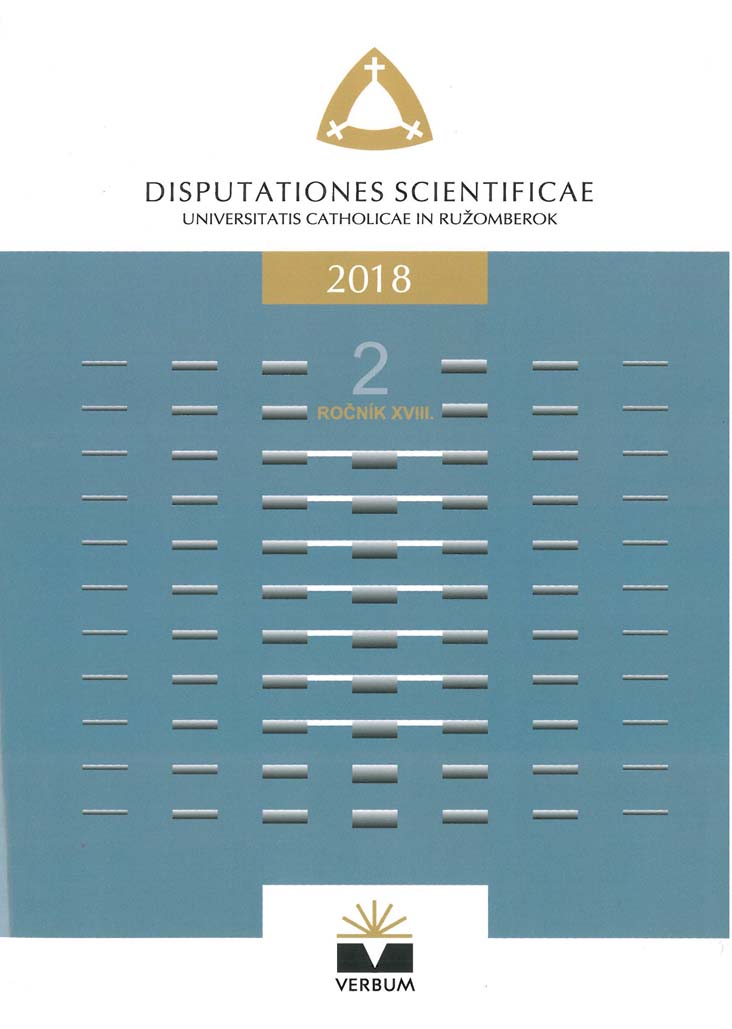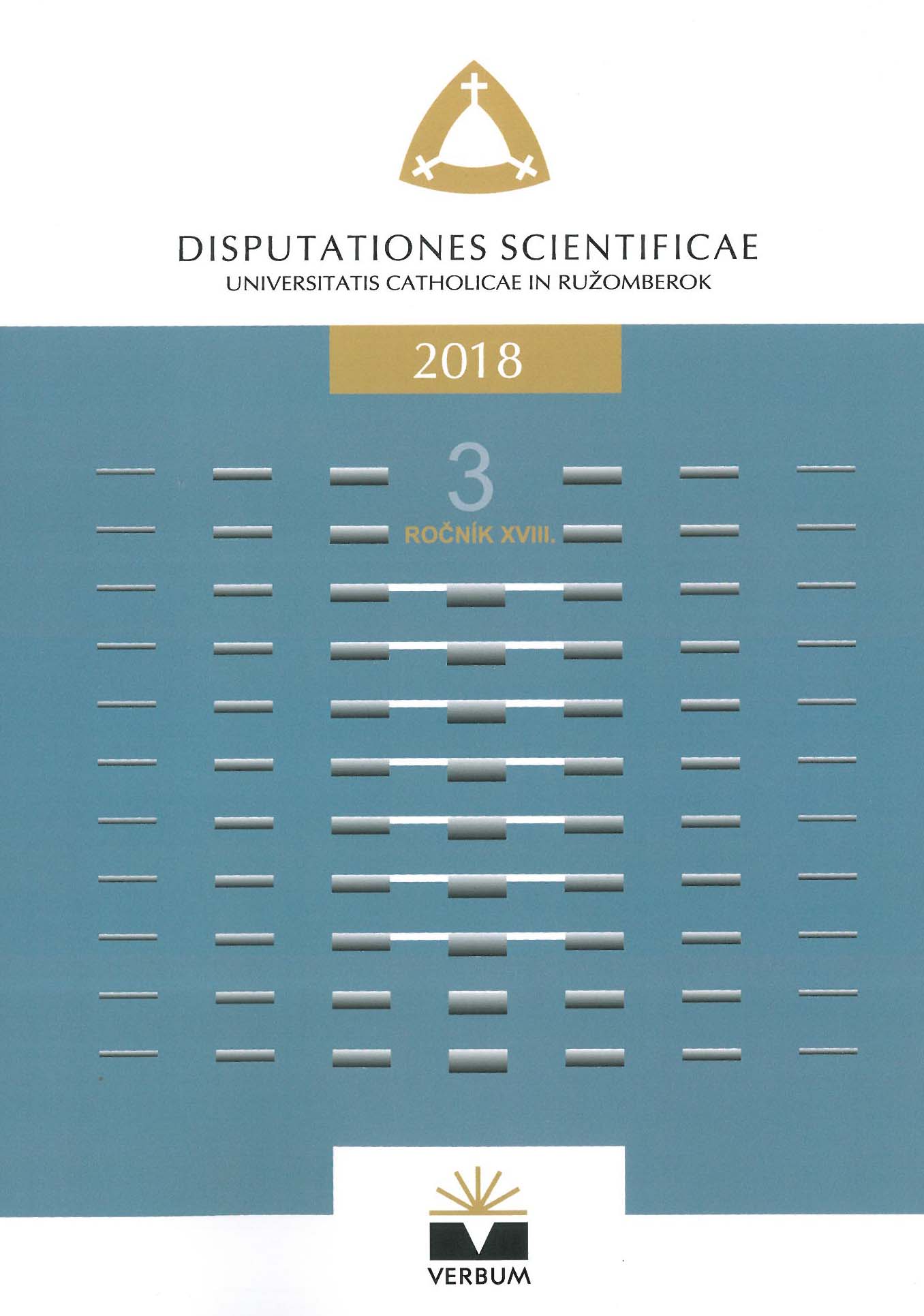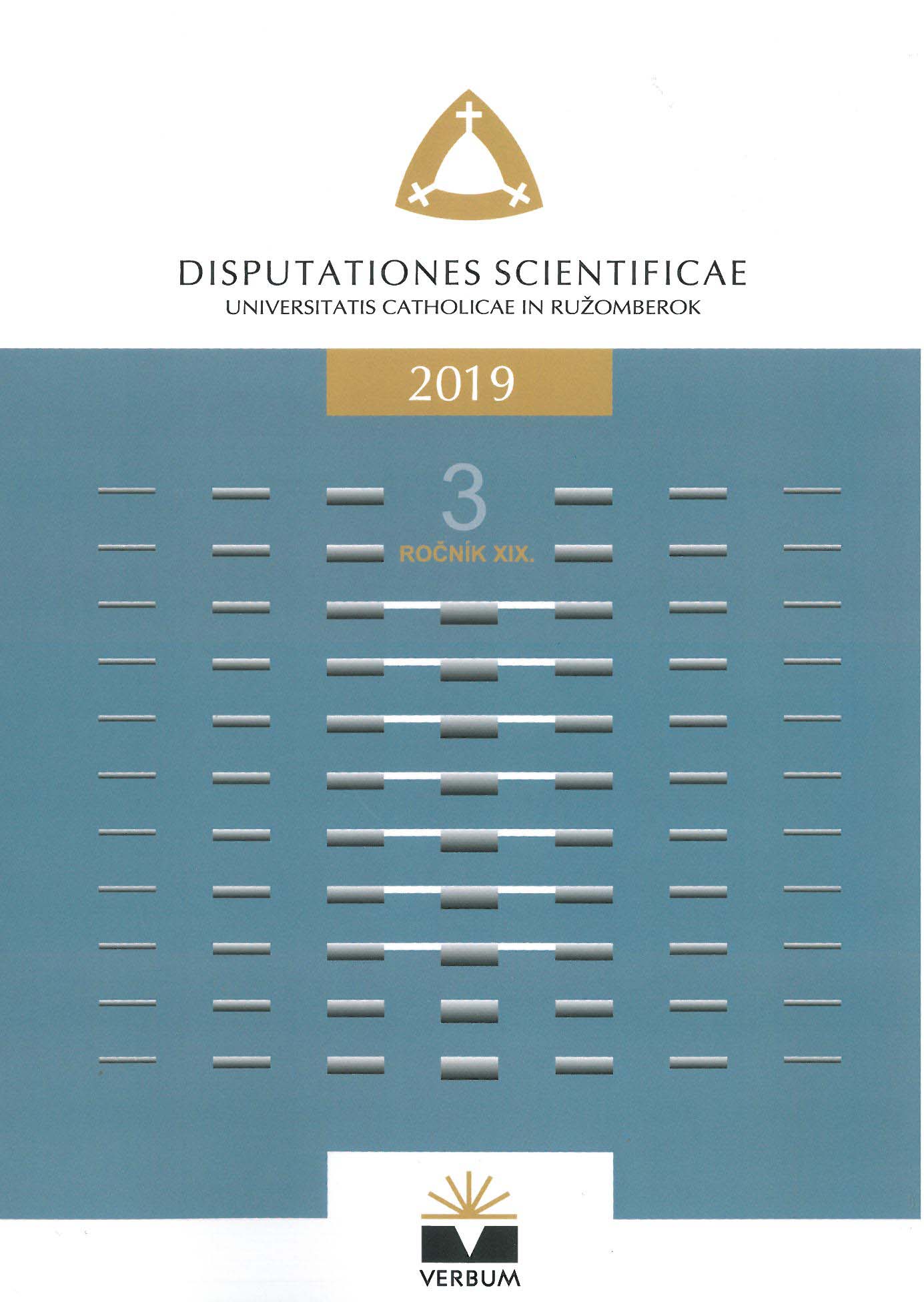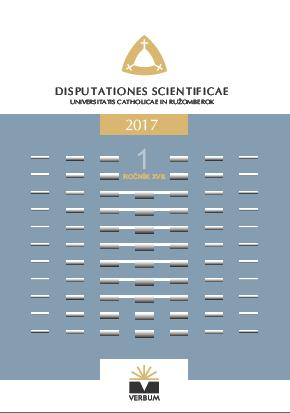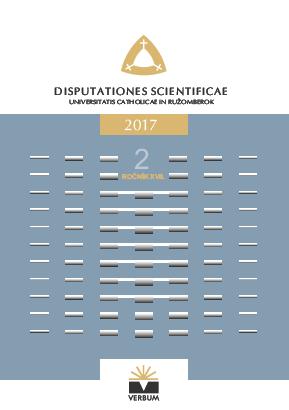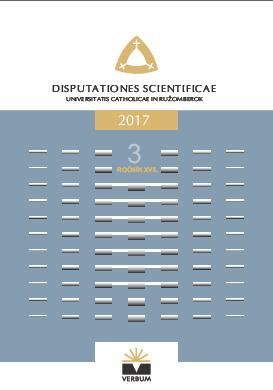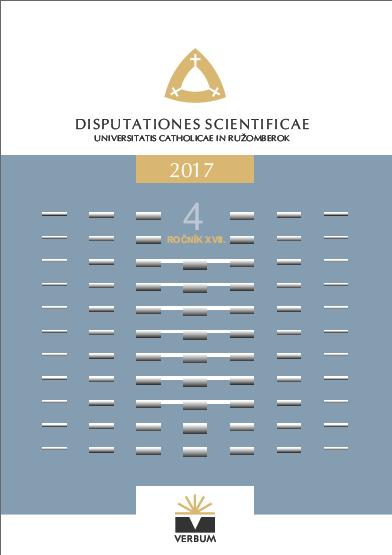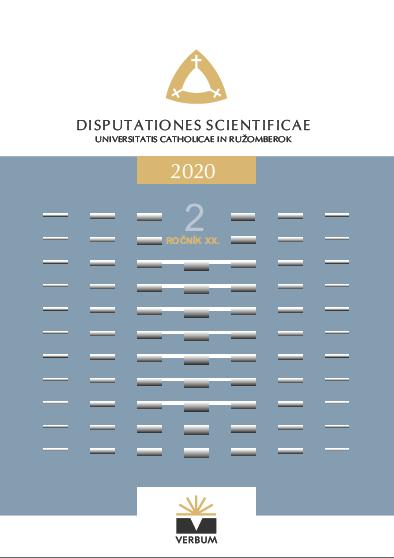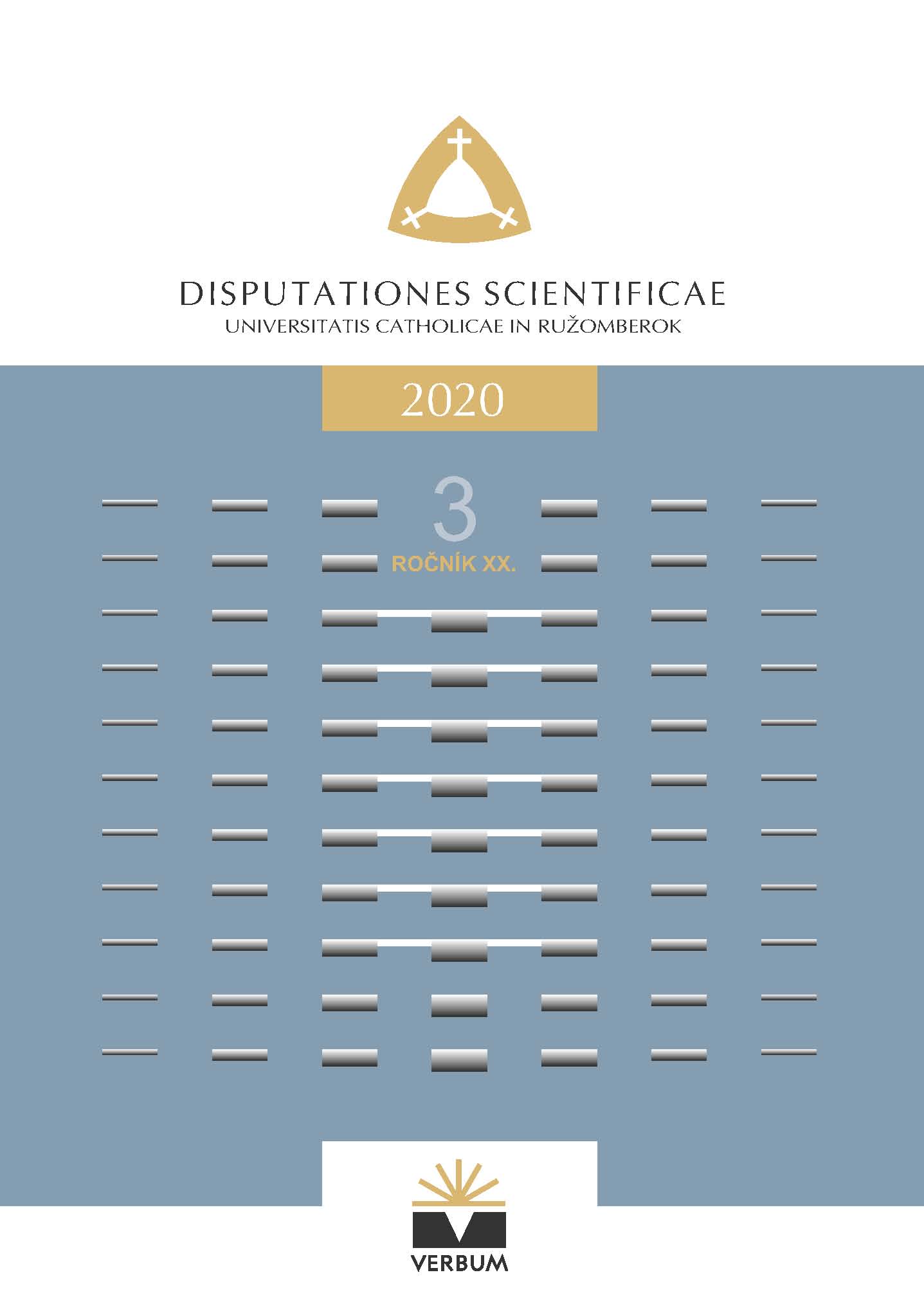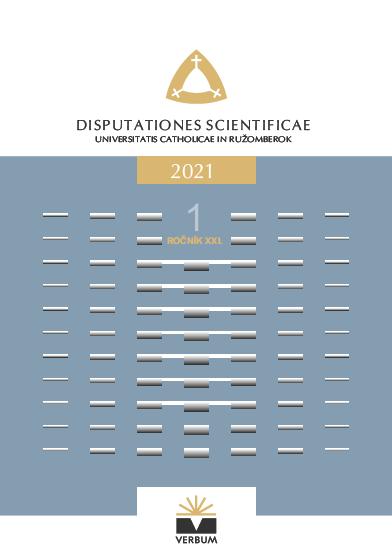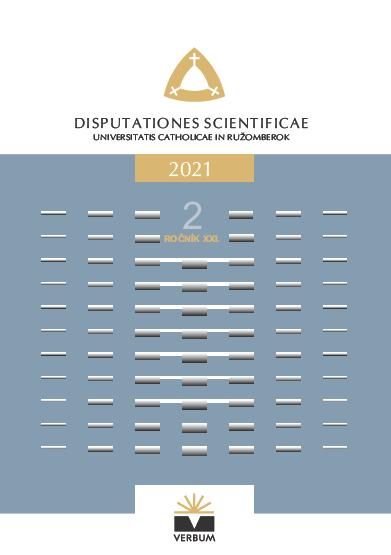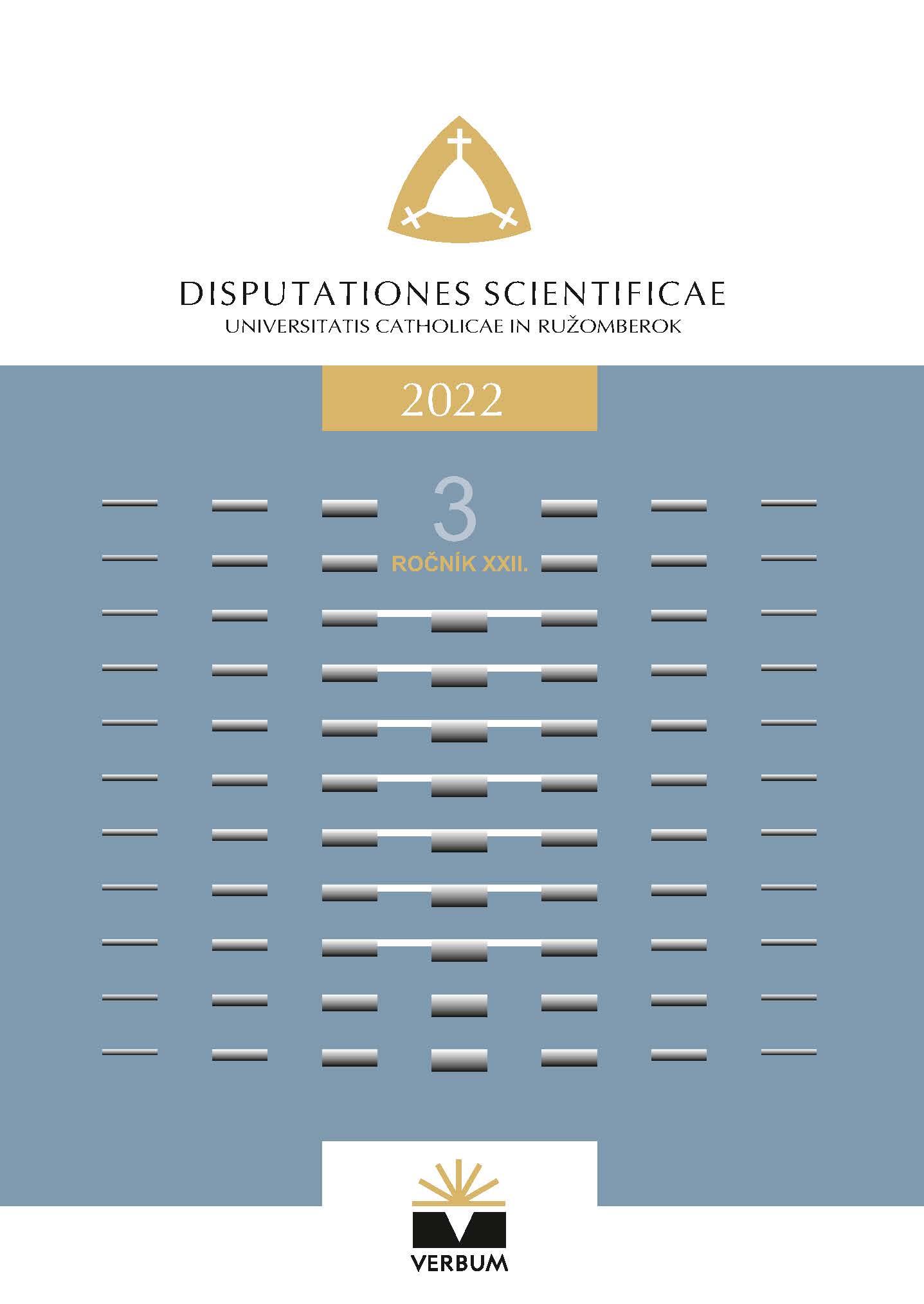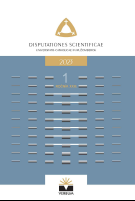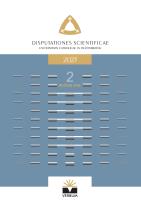Структура готовності майбутніх учителів музики до керівництва вокально-хоровими колективами учнівської молоді
Author(s): Gao Desyan / Language(s): Ukrainian
/ Issue: 3/2019
Keywords: Future Music Teachers; Vocal and Choral Preparation; Educational Management; Readiness; Leadership; Component Structure;
The article deals with the problem of forming the readiness of future music teachers to lead vocal and choral groups of student youth. The author believes that the pedagogical activity involves the achievement of certain goals, the realization of which is possible only with the coordination of the teaching process by the teacher, the definition of sufficient and necessary conditions for decision-making, the decision-making process itself, as well as the forms and methods of organization and control of its course and execution. In this dimension, according to the author's position, vocal and choral training of future music teachers at the faculties of the arts of pedagogical universities is no exception. The article deals with the specifics of the professional training of future music teachers in the artistic-educational, educational and educational aspects, and presents an author's view on the possibility of modernizing vocal-choral education from the point of view of educational management. The author's view on the possibilities of educational management in artistic pedagogy is presented. The analysis of scientific and pedagogical literature is carried out in order to substantiate the methodological foundations of the research from the point of view of the administrative coordination of the artistic educational process. As a result, it is proved that the scale of tasks facing the head of the vocal and choral group of students of young people requires the formation of future music teachers in the process of vocal-choral training of readiness for planning, organization, motivation, goal-setting, control, communication management, support of the active activity regime, the implementation of programs and goals to achieve a productive creative goal. In the article, agreed on the concept of "leadership" and "management", it is proved that pedagogical management technologies are characterized by adaptation to different learning conditions, while maintaining the target strategy, namely: systematic; manufacturability; guided educational process; efficiency; productivity, ability to develop and improve.The necessity of purposeful orientation of vocal-choral training at the faculties of arts of pedagogical universities has been confirmed for the formation of a clear position by the leader-leader who is capable of re-equipping, coordinating, directing the artistic process and achieving the goals of vocal and choral work. The main approaches to forming the readiness of future music teachers to the leadership of the vocal and choral groups of pupils' youth are highlighted, the main features of the management activity of the head of the vocal and choir collective in the system of goal-setting, organizational, forecasting, design, corporate, evaluation, management, control, and creative functions are determined.The article deals with the structural model of formation of the readiness of future music teachers to lead vocal-choral groups in the interaction of structural components, namely: motivational-value, commu-nicative-competence, activity-reflexive. The detailed characterization of the composite model of formation of the readiness of future music teachers to the leadership of vocal-choral groups of pupils' youth is given.The conclusions of the study concentrate the content of the information provided in the article. The author's opinion on the further ways of solving problems of the stated problem, directed on optimization of vocal-choral training of students of faculties of arts of pedagogical universities in the direction of ideas of educational management is presented.
More...
